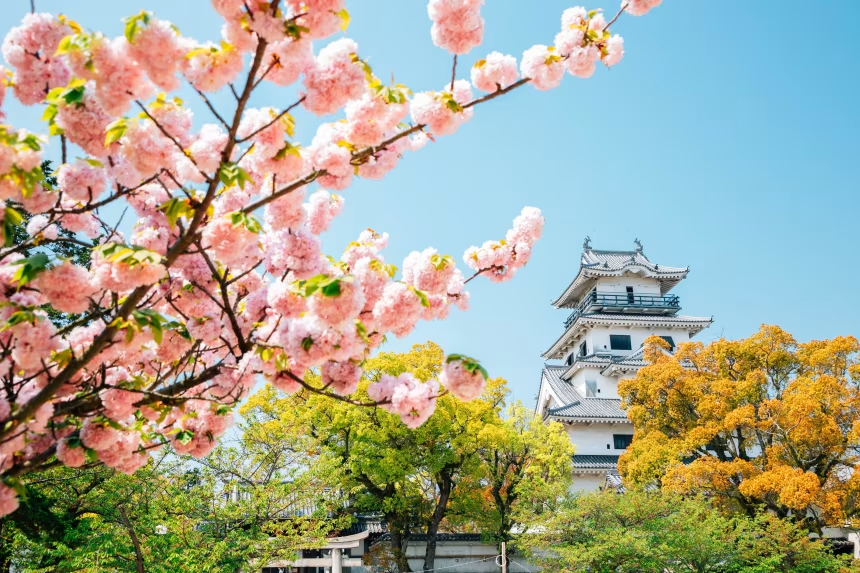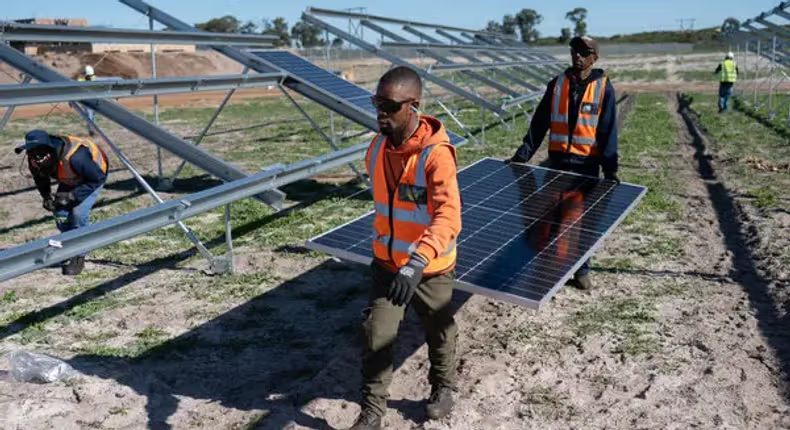Japan is facing a storm of public anger after a cultural exchange program with African countries was widely misinterpreted as a plan for mass immigration. The initiative, launched by the Japan International Cooperation Agency, was designed to strengthen ties between Japan and Africa through internships, education, and cultural exchanges. Four Japanese cities—Imabari, Kisarazu, Sanjo, and Nagai—were symbolically paired with Mozambique, Nigeria, Ghana, and Tanzania.
The project was meant to promote friendship and cooperation, but misleading reports and mistranslations quickly distorted its purpose. Posts on social media wrongly claimed that entire towns might be “handed over to Africans” or that special visas would be given for permanent settlement. The misinformation spread rapidly, fueling xenophobic reactions across Japan.
Local governments were soon overwhelmed. Sanjo city officials received more than 3,000 angry emails and hundreds of phone calls in a matter of days. Imabari and other partner towns reported similar volumes of hostile inquiries, forcing mayors and officials to spend hours responding to concerns that had no basis in fact.
To calm the situation, Japanese leaders stepped in. Chief Cabinet Secretary Yoshimasa Hayashi stated clearly that there are no immigration or visa policies tied to the program. City mayors issued similar statements, underlining that the initiative is purely cultural and educational. JICA also worked with African partners to correct inaccurate reports, while Japan’s Foreign Ministry asked Nigeria and other countries to update their public information to prevent further confusion.
The controversy reflects deeper tensions inside Japan, where right wing populist voices have gained influence by stoking fears about foreign workers and immigration. The Sanseito party, which campaigns on a “Japanese first” platform, has capitalized on such sentiments even as Japan faces labor shortages and an aging population.
What was supposed to be a goodwill exchange has now turned into a cautionary tale. A small program meant to build global friendship was derailed by misinformation and amplified by underlying social anxieties. It shows how quickly miscommunication can spark xenophobic backlash in today’s political climate.



